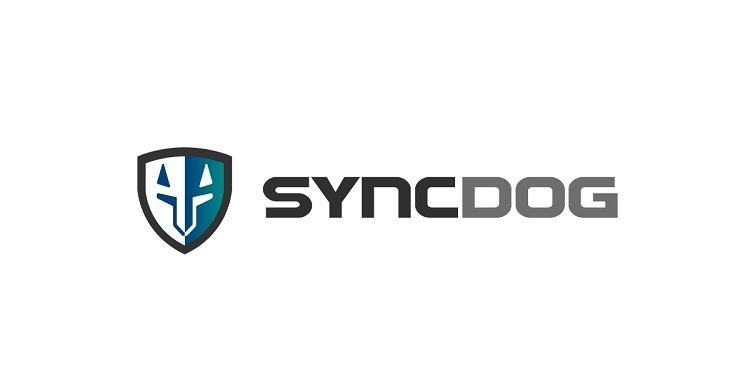SyncDog announced that has joined hands with Dubai based distributor RAS Infotech to promote and distribute next-generation BYOD technology to the Middle East. This partnership will enable enterprises in the Middle East to increase employee productivity without compromising security.
 “SyncDog is recognized as one of the most secure, easiest to deploy, fastest to enable and quickest ROI in the space,” said CEO of RAS Infotech, Akram Khazi. “We are pleased to work together to serve our resellers who are continually seeking next generation BYOD capabilities for their customers.”
“SyncDog is recognized as one of the most secure, easiest to deploy, fastest to enable and quickest ROI in the space,” said CEO of RAS Infotech, Akram Khazi. “We are pleased to work together to serve our resellers who are continually seeking next generation BYOD capabilities for their customers.”
Regional regulatory bodies in the Middle East mandate containerization on mobile devices to isolate corporate data. SyncDog’s Trusted Mobile Workspace, Secure.Systems, takes containerization to the next level by offering industry leading security in conjunction with a full suite of productivity applications that provides a desktop-like experience on mobile devices.
Implementing Secure.Systems into a technology stack empowers organizations to transition away from providing and managing corporate devices and experience the flexibility of BYOD without the threat of losing or exposing corporate data.
SyncDog offers an extensive suite of productivity applications and integrations that are fully customizable. Secure.Systems is cost effective, easy to use and can be deployed rapidly across an organization’s entire workforce and third parties. Secure.Systems can be seamlessly integrated onto any existing mobile device, running Android or iOS, while utilizing an employee’s carrier of choice.
“SyncDog is proud to be building positive relationships with reputable partners across the globe,” said Brian Egenrieder, Chief Revenue Officer at SyncDog. “The impact of COVID-19 has emphasized the importance of establishing proper mobile security solutions for teleworking scenarios. Our team is confident that the partnership with RAS Infotech will equip Middle Eastern organizations with the technology necessary to assure that even if a device is hacked or becomes corrupt, corporate data remains protected.”












